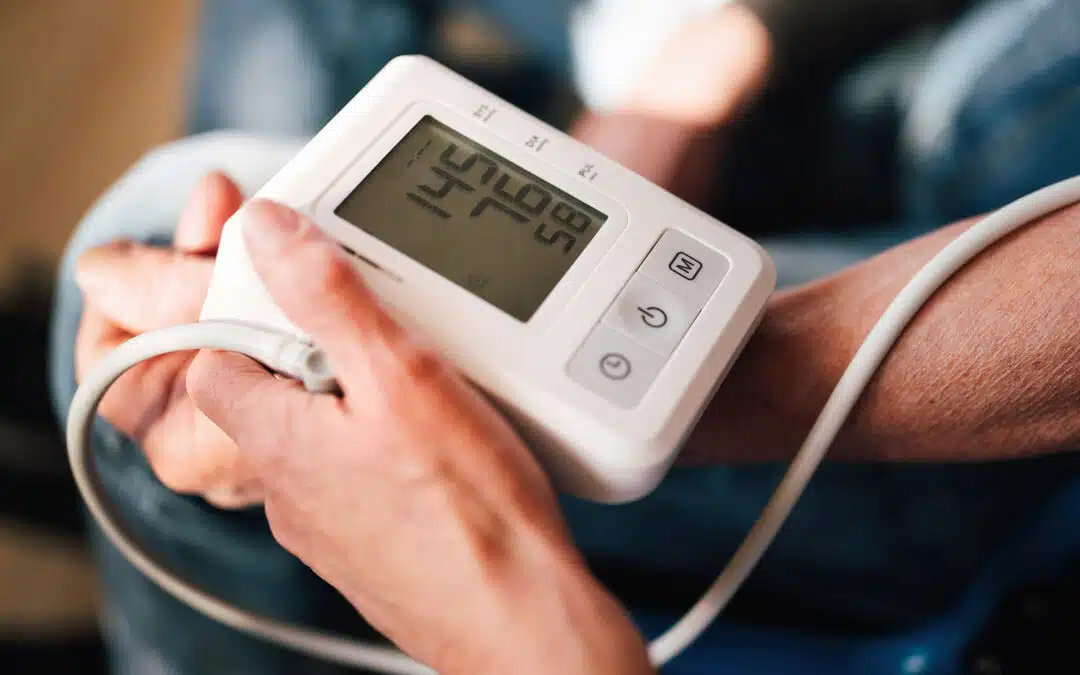Anyone who values their health should understand the importance of diagnostic testing. No matter how old you are, what your health looks like overall, or how active you are, everyone needs to pay attention to their heart health. Most serious conditions and illnesses can be treated and even reversed if caught early on. Of course, your risk of heart disease increases with factors within your control like poor diet and lack of exercise, but there are factors outside of your control that affect your heart health, such as your medical history and your age. An early diagnosis of heart disease can be the difference between a healthy life and chronic heart disease.
Why Do I Need Diagnostic Testing for Heart Disease?
There are numerous factors for heart disease, many of which are not common knowledge. The most common factors are high blood pressure, high cholesterol, smoking, poor diet, and lack of exercise. Chances are you’re going to be aware of factors like these, as you have some level of control over them. However, not everyone is aware if they have a family history of heart disease, and genetics is a key factor for heart disease as well. Diagnostic testing can help you discover early on if you’re at risk for heart disease and give you the chance to improve the health of your heart before more serious events like a heart attack or stroke.
What Types of Diagnostic Testing Exist for Heart Disease?
There are many kinds of diagnostic tests for your heart. Some are geared toward measuring blood flow and looking for blockages, while others are used to determine if there’s a particular part of the heart that isn’t working right. More often than not, your doctor will only order these tests if you’re already complaining of a symptom that could be related to heart disease, such as:
- Shortness of breath unrelated to asthma or other upper respiratory illnesses such as the common cold or the flu
- A strange, unexplained tight feeling or pain in your chest
- An irregular heartbeat (called “arrhythmia”)
- Intense and unexplained sweating
- Unusual weakness in a limb
Cardiac Catheterization
One of the more invasive types of diagnostic testing is cardiac catheterization. As the name suggests, cardiac catheterization involves inserting a catheter into a main artery (through the groin or the wrist) and sending it all the way through that artery until it reaches your heart. From there, a dye may be injected to assist your physician in seeing the blood flow in and around your heart, and the pressures throughout your heart chambers can be measured to determine if any weaknesses or blockages exist. If blockages are present, some of these can be addressed at the same time with the placement of a heart stent.
Computed Tomography (CT) Scans & Positron Emission Tomography (PET) Scans
CT scans provide significantly more detailed images and information than a typical X-ray machine would be able to. Thanks to computer processing and the use of multiple angles, a CT scan can even produce a 3D image of the body part in question, giving the physician a much more accurate look at tissues, bones, organs, and even blood vessels within the body. This makes the CT a preferred diagnostic tool when determining the health of someone’s heart in both structure and function.
A PET scan is very similar to a CT scan but is a bit more intensive. Rather than relying on computer processing, a PET scan uses a special dye with a minimal amount of radiation injected into the bloodstream. The scanner will detect the radioactive tracers within the dye and create an accurate map of the patient’s blood flow, helping to determine if there are any blockages caused by unhealthy cholesterol levels.
Electrocardiogram (ECG)
An ECG involves placing electrodes on your body, which will monitor the electrical activity of your heart muscle. This test is used to find irregularities in your heart rate, diagnose ischemia (when blood flow to the heart is poor), and even determine if you are having a heart attack. The ECG itself will record on paper what your heart’s rhythm looks like, and the physician will read that record to evaluate your heart health.
Rhythm Monitoring
A heart rhythm monitoring test is any test that records the electrical activity of your heart to locate electrical irregularities and disease from anywhere between 24 hours and 30 days. Some of the most common rhythm monitoring tests include continuous telemetry monitoring, Holter monitoring, and event monitoring. Other types of rhythm monitoring are typically done when cardiac devices are implanted, such as pacemaker interrogation and cardiac defibrillator interrogation.
Stress Tests
A stress test is used to determine how well your heart can function while doing a reasonable amount of work, for example, when exercising. Stress tests are typically done on a treadmill or stationary bike and can either be performed noninvasively or with the introduction of a nuclear agent.
A nuclear stress test will involve the introduction of Cardiolite into your bloodstream at the peak of your exercise, and you will continue to walk for a full minute after injection. The absorption of the Cardiolite into your heart will be determined by the health of blood flow into the heart muscle, which can be measured by cardiac imaging at the end of that 60 seconds.
Ultrasound & Doppler Testing
An echocardiogram is a common type of ultrasound used to determine how effectively your heart is pumping blood throughout your body. The use of high-frequency sound waves can convey the health of your heart chambers, muscles, and valves to pinpoint any potential deficiencies. During the test, you’ll have electrodes placed onto your chest and may be asked to hold your breath at times, but the procedure itself is non-invasive and painless. Other types of ultrasound testing include venous doppler ultrasounds, arterial doppler ultrasounds, and carotid dopplers.
Trust the Experts at Vital Heart & Vein
The importance of diagnostic testing cannot be overstated, because even if you suspect your heart is not as healthy as it could be, testing can help to pinpoint exactly what and where the problem is and what can be done to improve your condition. At Vital Heart & Vein, our cardiologists are dedicated to providing expert diagnostic testing with our advanced on-site labs. We take your heart and health seriously. Call or go online to learn more about our diagnostic tests and procedures.






